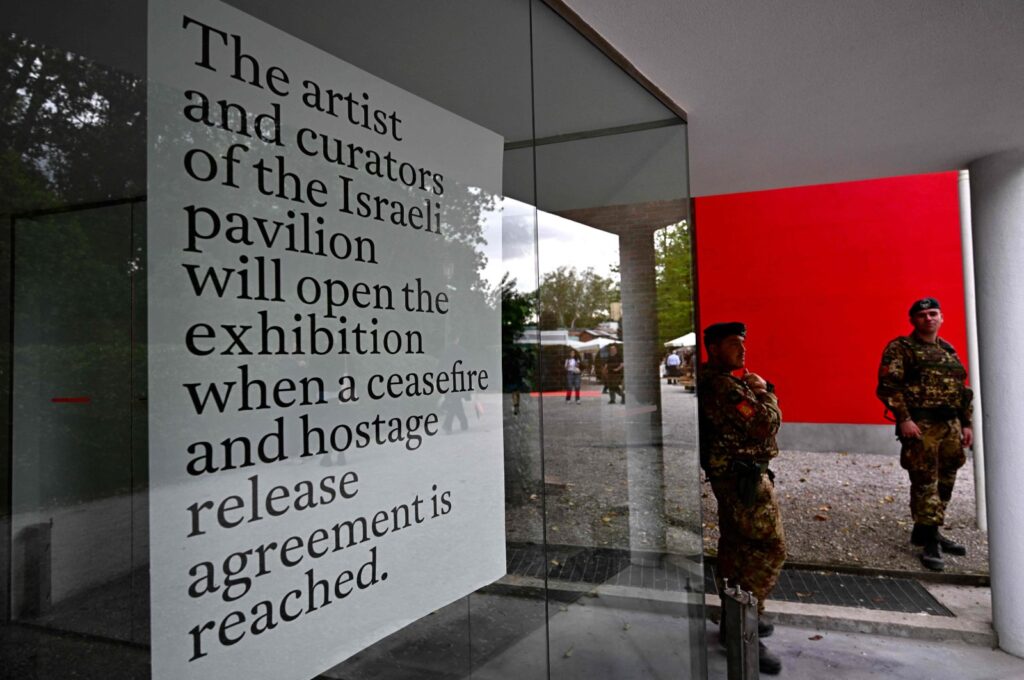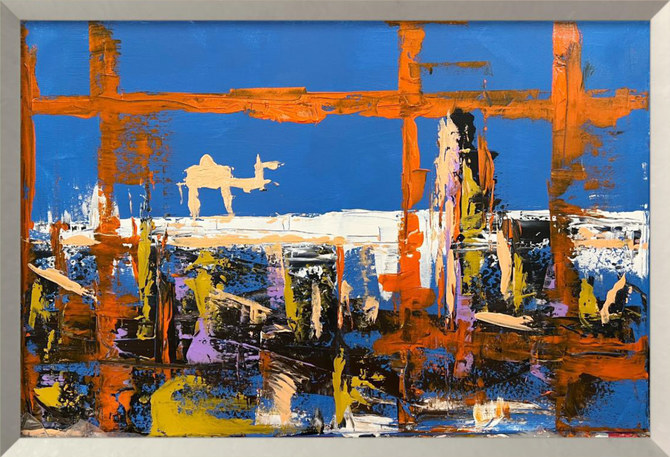
Monitoring Desk
Saudi Arabia is establishing a new music institution to promote the region’s music culture along with training the musical talents.
The institute, which will be named Bait Al-Oud , is projected to be an education centre where musicians would receive training in playing traditional Arabic instruments.
The kingdom’s music commission aims to create an internationally recognised music centre and spread the importance and fame of Arabic music and its unique instruments, especially oud.
The oud has more than 3,000 years of history that makes it one of the oldest and most important musical instruments in Arabic culture.
“The oud is one of the most important musical stringed instruments,” Hasan Iskandrani, oud artist, told Arab News.
“It has been called the ‘sultan of instruments’ and is usually used by composers in shaping their melodies,” Iskandrani added.
Along with oud, there are several instruments such as duf, rebab and mizmar, which are used in many different social celebrations in the kingdom. All of them are the main components of the Saudi musical culture.
Although oud is famous in Turkey, Iraq, Syria and Egypt, each of them has unique playing styles and differs in some respects.
Hub of musical talent
However, the kingdom has been trying to become the hub of talented composers, singers and oud players in recent decades.
Abadi Al-Jowhar, who is known as the “octopus of the Oud”, is one of the most well-known artists in the kingdom.
Talal Salamah and Aseel Abu Bakr Saleem are other inspiring oud artists who had a great influence on the new generation of Saudi oud players.
The instrument is characterised by its short neck and large, full body that gives the instrument a pear shape.
It is made from lightwood and built with 11 strings.
Courtesy: TRTWorld and agencies
The post Saudi Arabia to establish new music institution to promote culture appeared first on The Frontier Post.








